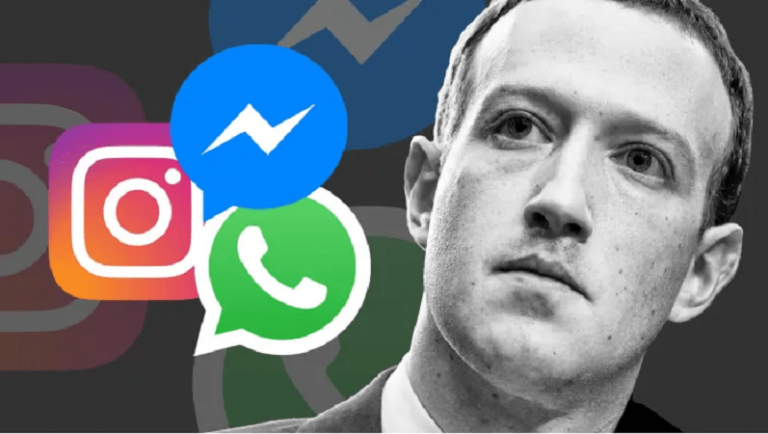
Meta CEO Mark Zuckerberg testified in Washington D.C on Monday, defending the company’s multibillion-dollar acquisitions of Instagram and WhatsApp in a pivotal antitrust trial.
Zuckerberg rejected the FTC’s claims that Meta acquired Instagram and WhatsApp to neutralize competitors. He argued that the acquisitions were driven by a need to adapt to evolving user behaviors and market dynamics, and not to suppress competition.
“The integration of these platforms did not harm users or stifle competition”, Zuckerberg stated. He further emphasized that both apps have grown significantly under Meta’s ownership, offering enhanced features and global reach.
Register for Tekedia Mini-MBA edition 19 (Feb 9 – May 2, 2026).
Register for Tekedia AI in Business Masterclass.
Join Tekedia Capital Syndicate and co-invest in great global startups.
Register for Tekedia AI Lab.
When questioned about the transformation of Facebook from a platform designed to facilitate connections between friends and family to one focused more on showing users interesting third-party content, including the launch of features like the news feed and groups.
He said,
“It’s the case that over time, the ‘interest’ part of that has gotten built out more than the ‘friend’ part. Users are connected to a lot more groups and other kinds of things. The ‘friend’ part has gone down quite a bit, but it’s still something we care about.”
Zuckerberg highlighted a 2018 misstep when Meta prioritized Facebook content from friends and family over viral videos and public posts, underestimating users’ shift toward private sharing via messages. “I think we misunderstood how social engagement online was evolving,” he admitted, noting that users increasingly engaged with diverse content beyond their immediate networks.
Today, only 20% of Facebook’s content and 10% of Instagram’s comes from friends, reflecting broader changes in social media consumption. Meta argues that acquiring Instagram and WhatsApp enabled it to meet these evolving demands, integrating photo-sharing and messaging capabilities that kept users engaged.
A large portion of Zuckerberg’s testimony, however, focused on the messaging features built into many of Meta’s platforms, from Facebook to Instagram to WhatsApp, which could be key to how the FTC defines the “market” Meta dominates with its platforms.
Zuckerberg’s defense is coming after the U.S. Federal Trade Commission (FTC) filed a lawsuit against Meta, in a US district court, accusing the tech giant of tracking potential rivals and acquiring them, to monopolize the social media space.
Part of the filing reads,
“Facebook is the world’s dominant online social network, with a purported three billion-plus regular users. Facebook has maintained its monopoly position in significant part by pursuing Chief Executive Officer (“CEO”) Mark Zuckerberg’s strategy, expressed in 2008: “It is better to buy than compete.” True to that maxim, Facebook has systematically tracked potential rivals and acquired companies that it viewed as serious competitive threats.
“As Facebook has long recognized, its social networking monopoly is protected by high barriers to entry, including strong network effects. In particular, because a personal social network is more valuable to a user when more of that user’s friends and family are already members, a new entrant faces significant difficulties in attracting a sufficient user base to compete with Facebook.”
U.S. District Judge James Boasberg has expressed skepticism about the FTC’s case, noting the difficulty of proving Meta’s acquisitions harmed competition. The FTC must however demonstrate not only that Meta holds a monopoly, but also that divesting Instagram or WhatsApp would restore market vitality. The trial, expected to extend into July 2025, hinges on defining the relevant market and assessing consumer harm a complex task given social media’s rapid evolution.
The trial’s outcome could reshape the tech industry. A win for the FTC might force Meta to sell Instagram (2 billion users) or WhatsApp (2.5 billion users), setting a precedent for antitrust actions against giants like Amazon or Google.
Looking Ahead
As the trial unfolds, Zuckerberg’s testimony frames Meta as a company that is only adapting to user needs, and not a predatory monopolist.



